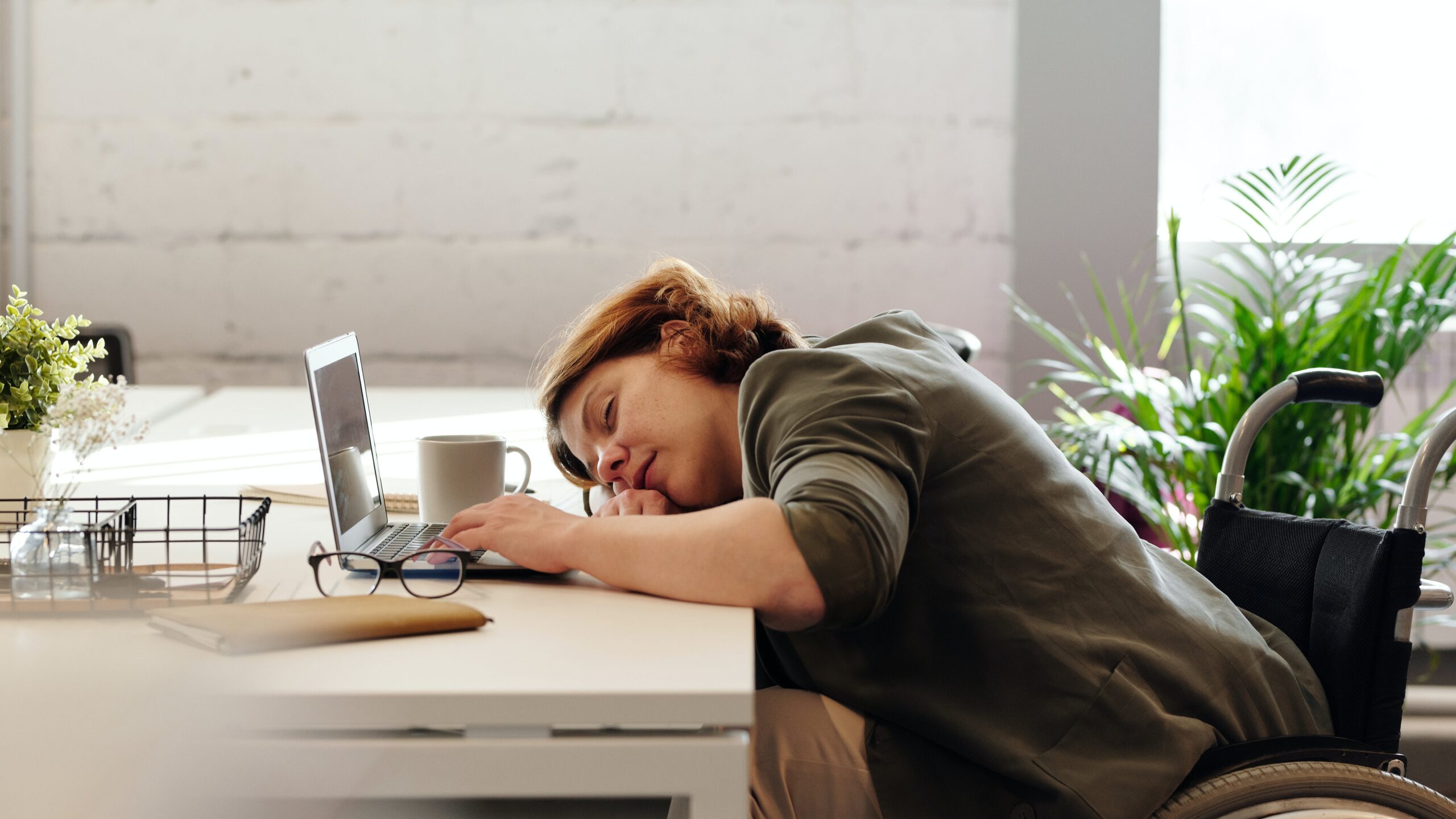Absolutely, although things aren’t always as cut and dry as we might hope. Sleep disturbances can be caused by a myriad of physical and mental health conditions as well as stressful life events. For that reason, trying to diagnose someone’s condition on the basis of poor sleep alone would be a very foolish idea.
That said, sleep disturbances are still an important signpost for the Center’s team in our work of helping others to live happier healthier lives.
If your medical doctor ruled out a physical ailment as a cause of poor sleep, you may be referred to a mental health professional.
If a connection between your poor sleep and mental health condition is found, the question of how to treat your sleep problems comes into play. For instance, treating your sleep problem will likely help your mental health condition and treating your mental health condition will likely improve the quality of your sleep.
A strategy to treat your condition from both angles often makes the most sense.
Things are sometimes more complex than that, however, as Dr. Andrew D. Krystal’s study on “Psychiatric Disorders and Sleep” shows so well.
Dr. Krystal found that the treatment of sleep problems sometimes actually impedes progress with mental health disorders. Conversely, some mental health treatments can cause sleep disturbances.
One further complication Dr. Krystal found is that sleep disturbances can actually cause mental health disorders to improve in some cases. In other instances, sleep disturbances cause mental wellness to deteriorate.
If you’ve struggled to get good shut-eye for a while now, you’re probably feeling desperate to find answers. What follows are ways that common mental health disorders and sleep disturbances tend to present themselves.
Sleep Problems and Major Depression
Roughly 75 percent of those with major depression experience insomnia while 40 percent experience hypersomnia.
Insomnia refers to the condition of struggling to fall asleep or stay asleep. Waking too early is a common way that insomnia exhibits itself in the depressed.
Hypersomnia, on the other hand, refers to excessive sleepiness during the day. Even if a healthy amount of sleep was achieved at night, it can be difficult not to sleep excessively during the day.
As you can see, based on these percentages, some with depression experience insomnia and hypersomnia in turns, causing even greater physical and mental health challenges.
Anxiety Disorders
Anyone who’s experienced intermittent anxiety in their lives likely experienced sleep disturbances. Now, imagine that you have a diagnosable anxiety disorder which means problems with chronic anxiety.
Chronic anxiety due to anxiety disorders leads to a very good likelihood that insomnia will be present. Or, could the insomnia be the cause of anxiety? This is another look into the complexities of sleep disturbances and why it’s important to be assessed by a mental health professional.
ADHD
According to ADDitude’s article entitled, “This is Why You’re Always So Tired,” sleep disturbances coupled with ADHD are common. Those same feelings of restlessness that wreak havoc during the day can do the exact same thing at night, interrupting your rest.
Symptoms such as trouble falling asleep, staying asleep and waking are common. And, as this ADDitude article suggests, this can lead to some serious fatigue for those with ADHD.
Also, some stimulant medications can make it hard to fall asleep. That is why the Center offers neurofeedback, which is a great tool to treat ADHD without medications and has also improved sleep in many of our clients.
Are My Mental Health and Sleep Problems Connected?
As shared earlier, this is certainly possible. Hopefully, you got a glimpse into just how intricate sleep disturbances and mental illness can be.
It’s always wise to try and handle sleep difficulties on your own with home remedies. That’s because everyone struggles with sleep challenges from time to time.
However, if you find that you can’t manage your sleep disturbances and they’re a regular problem, it’s time to reach out for help.
Ongoing sleep struggles can literally ruin your life. Your work/life balance and overall health can rapidly decline. If you need evidence-based ways to help with your sleep, the Center for Neurocognitive Excellence is here for you.
You can schedule an appointment with our Washington D.C office today. We offer ADHD assessments, coaching, and individual therapy.


Leave a Reply